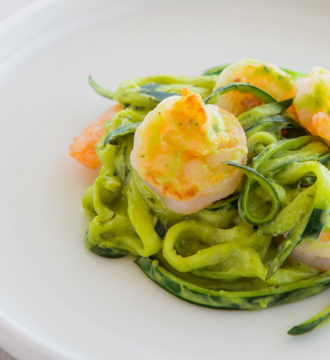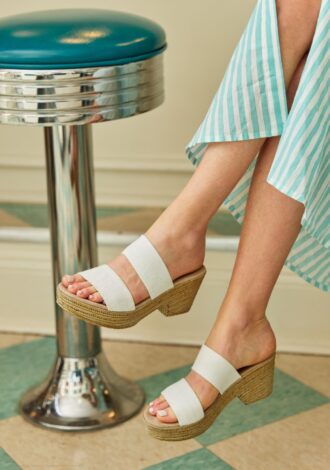Last week, I realized I had done it again. As I stood at my sink, eating a chunk of lasagna that I had just reheated in the microwave, trying to wash it down with water so I could get on a call at 6:30 p.m., I knew.
I had said yes one too many times.
Here’s how that day unfolded.
I was up at 5:30 a.m. to get in to a client meeting in the city by 9 a.m.
I ran from my client meeting to a lunch meeting with a woman who recently started her own business, and wanted some advice.
From there, I drove to another client to deliver a workshop (ironically, on time management).
I stayed too late talking to participants after the program, which left me here. Standing at my sink, trying to grab a bite before a 6:30 p.m. board call for a nonprofit I recently joined.
This is what happens when you forget that you can’t say yes to everything and everyone.
What Happens When We Don’t Say No?
When you say yes too much, you set yourself up for failure. It’s simply not possible to do all the things that you are asked to do. When you try, you inevitably end up overstretched, tired and unable to be your best self.
Why It’s Hard to Say No
Saying yes is easy. It’s the answer everyone wants to hear. And, the truth of the matter is that all of the things I did on that crazy day were interesting, valuable and consistent with my values. It’s not like I had said yes to a pile of frivolous things that I could easily identify as a bad use of my time.
It’s hard to say no for several reasons.
First, as a freelancer, I tend to say yes to opportunities to do billable work, because I don’t want to get stuck in a dry spell. I also always try to say yes when people ask me for help.
Second, I always want to say yes because when I was first getting started in my career, I was helped along my path by people who were generous with their time, who said yes to me. So in some ways, saying yes feels like paying it forward.
How To Get Better at Saying No
How do we get better at creating and respecting our own personal boundaries?
The first step is to make sure we know where those boundaries are. I typically block off certain hours of the day as “unbookable.” The hours of 5-7 p.m., for example, are reserved for family time. Unless, I’m traveling, my weekends are off-limits for work-related meetings. I also block off several weeks each year for vacation, because resting and recharging are essential to my ability to do my best work.
In addition to time-oriented boundaries, I have values-based boundaries. My family, my client work, my health and well-being, and my contributions back to my community are all core values, and activities related to those topics typically get a yes.
But, even if something is central to my values, it doesn’t go straight to the calendar. Getting a yes doesn’t necessarily mean I’m going to do it right now. Sometimes, it’s a no for now, but yes for a time that fits with the rest of my life.
If you’re reading this and thinking it sounds a little self-centered, you’re right. As professional women, we spend a lot of time thinking about others. We’re often juggling multiple roles as entrepreneurs, caregivers, community members and more. Sometimes we fall into the trap of putting everyone else first.
Saying no is, often, the best thing you can do to take care of yourself. The word ‘no’ is a gift. It’s a gift of time back. It’s a gift of focus. ‘No’ is a powerful tool that helps you curate what’s important out of all the many things you are asked to do every day.



 3 min read
3 min read

